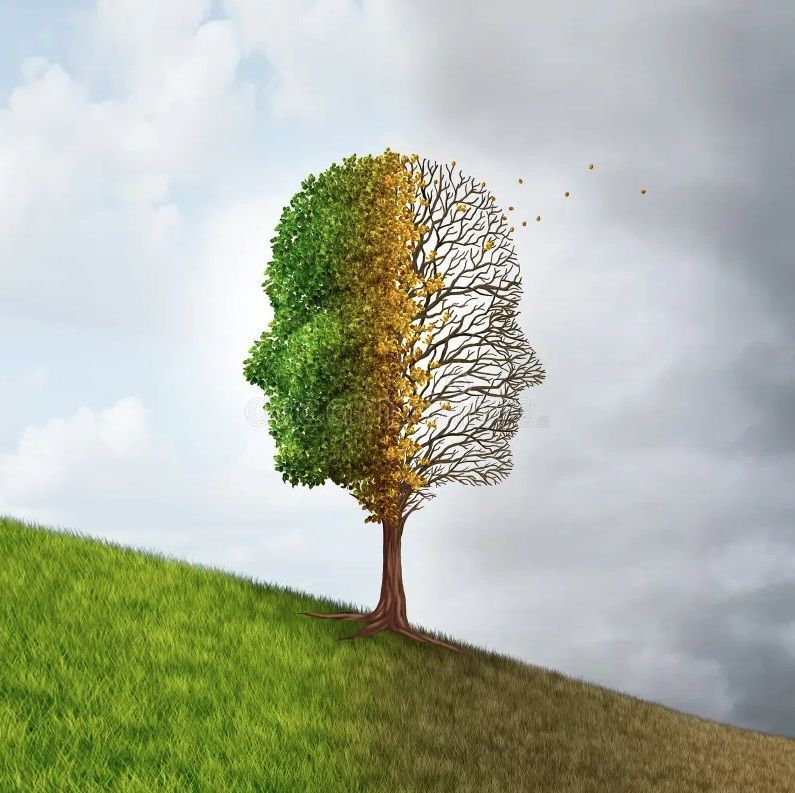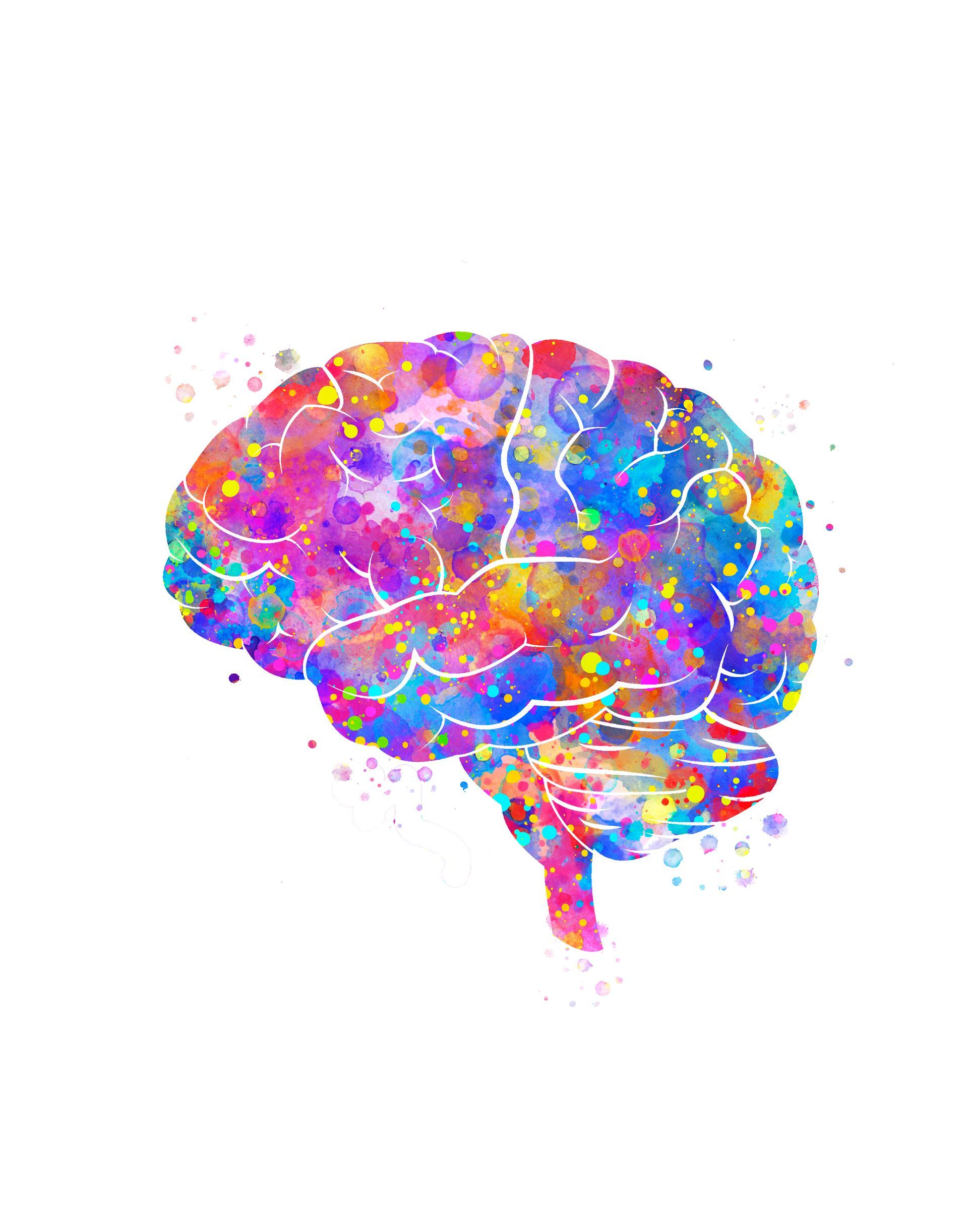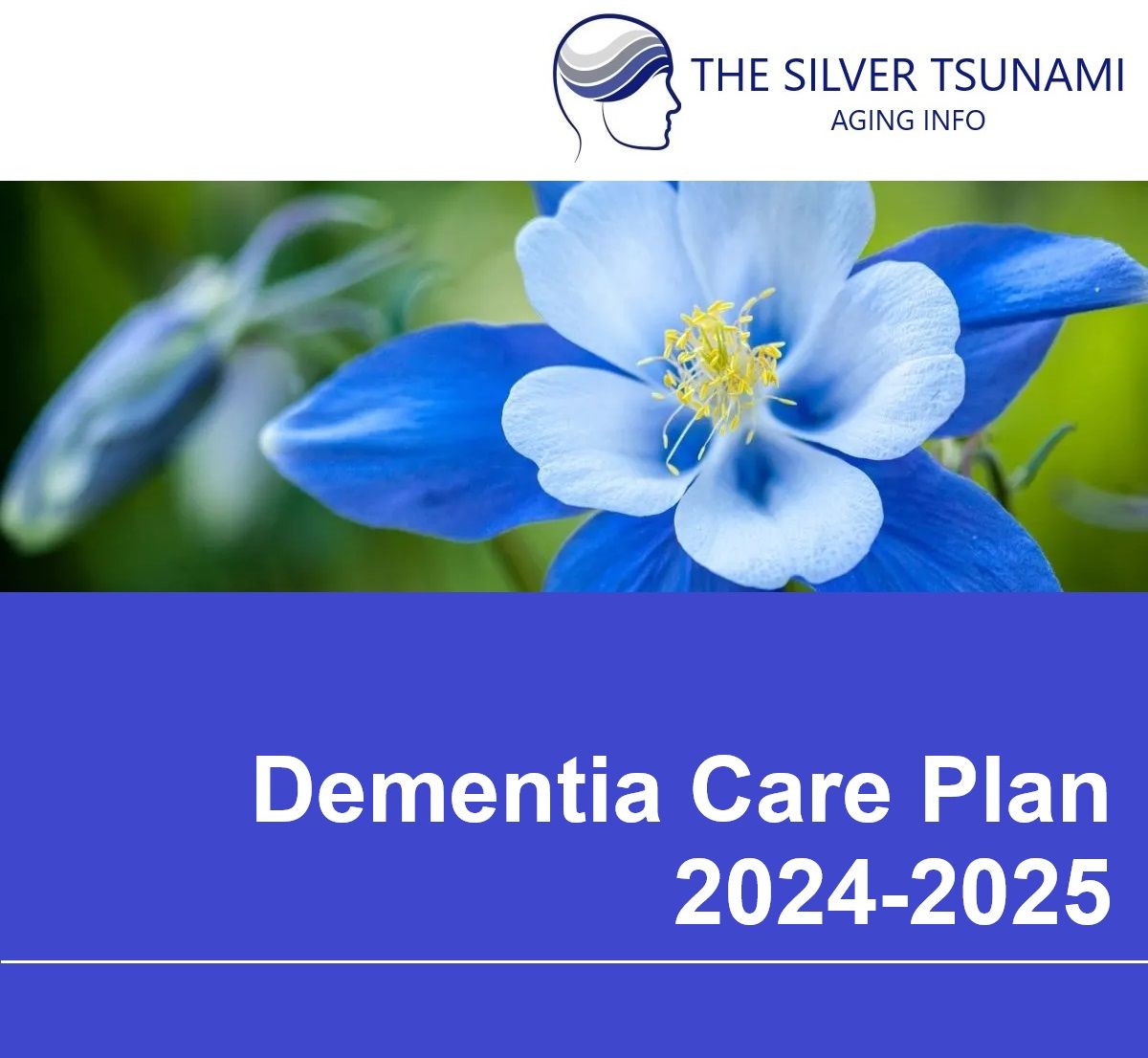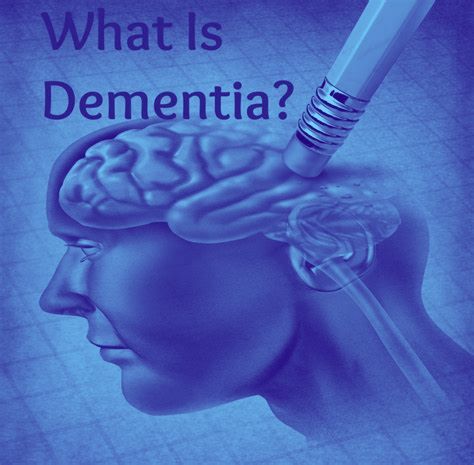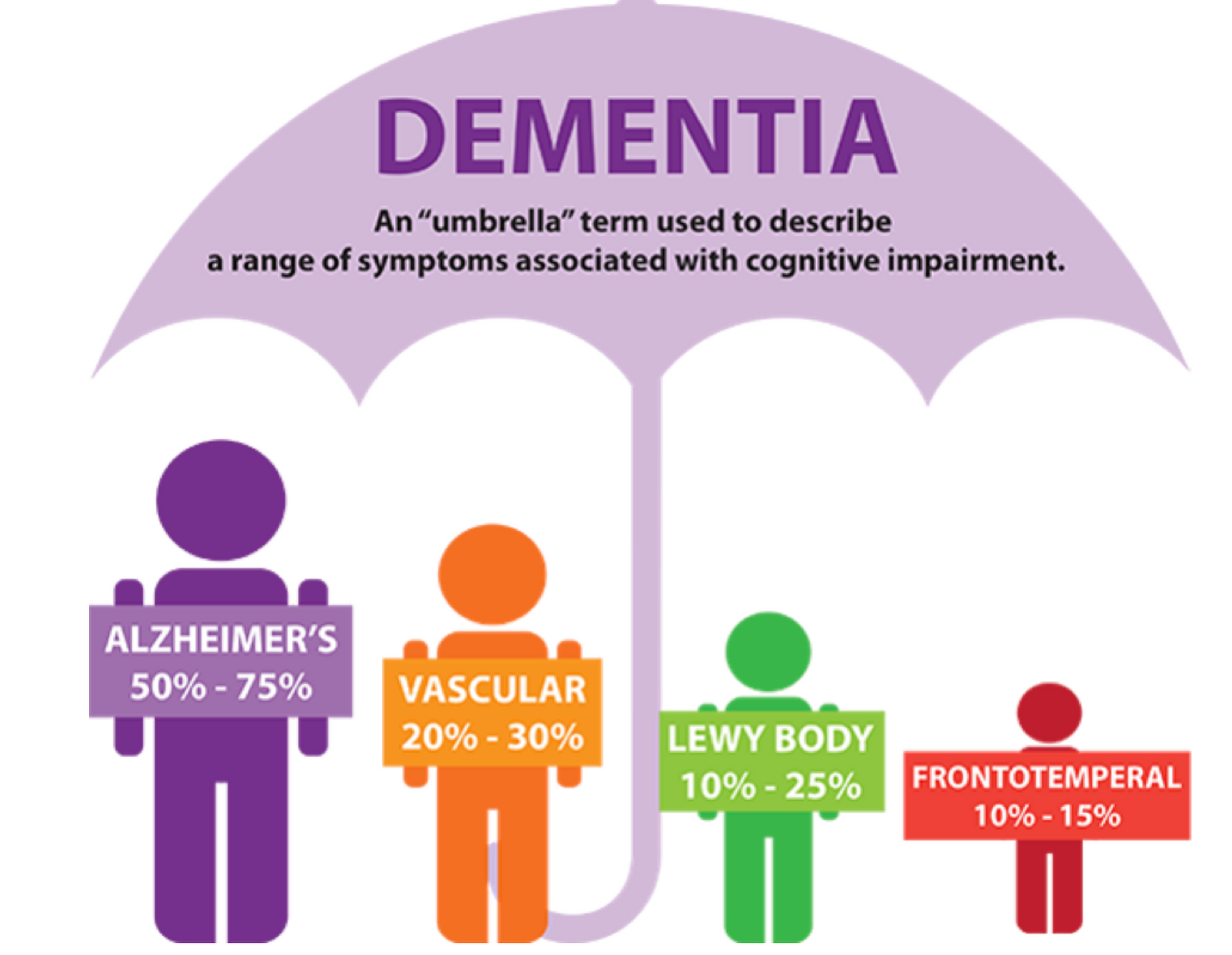Have you ever wondered if dementia is hereditary?
Dementia is a complex condition that can be influenced by a variety of genetic and environmental factors.
Many individuals wonder whether dementia runs in families and if they are at increased risk if a family member has been diagnosed with the condition. Let’s delve into these questions and explore the role of genetics in dementia risk:
1. Is Dementia Hereditary?
While genetics can play a role in the development of dementia, the inheritance pattern is often complex and multifactorial. In some cases, certain types of dementia, such as early-onset Alzheimer’s disease, can be directly inherited through a mutation in a single gene. However, these cases are relatively rare and account for only a small percentage of all dementia diagnoses.
2. Am I at Risk if a Family Member Has Dementia?
Having a family member with dementia does increase your risk of developing the condition, but it does not guarantee that you will develop it. The exact level of risk depends on various factors, including the type of dementia, the number of affected relatives, and their age at onset.
For example, having a first-degree relative (parent or sibling) with Alzheimer’s disease may slightly increase your risk compared to the general population. However, the majority of individuals with a family history of dementia will not develop the condition themselves. Environmental factors, lifestyle choices, and other non-genetic influences also play a significant role in determining an individual’s risk of dementia.
What Doctors Say:
Healthcare professionals emphasize the importance of understanding your family history of dementia and discussing it with your doctor. While genetic testing may be available for certain types of dementia, such as early-onset familial Alzheimer’s disease, it is not routinely recommended for everyone with a family history of the condition.
Instead, doctors typically focus on assessing overall risk factors, promoting healthy lifestyle habits, and monitoring cognitive health overtime. This approach allows for personalized risk assessment and early intervention strategies that may help reduce the risk or delay the onset of dementia.
Conclusion
In summary, while genetics can influence the risk of developing dementia, having a family member with the condition does not mean that you will inevitably develop it. Understanding your family history, maintaining a healthy lifestyle, and staying proactive about cognitive health are crucial steps in managing your risk. If you have concerns about your risk of dementia or cognitive changes, consult with a healthcare professional for personalized guidance and support.
Remember, knowledge is power, and taking proactive steps towards brain health can make a significant difference in your overall well-being.
